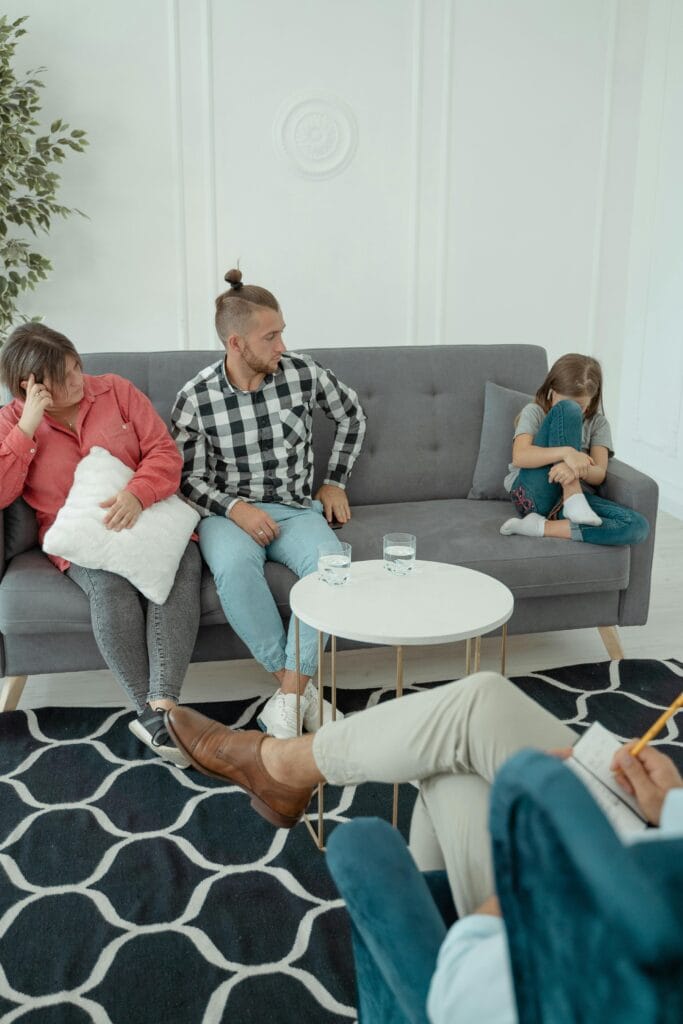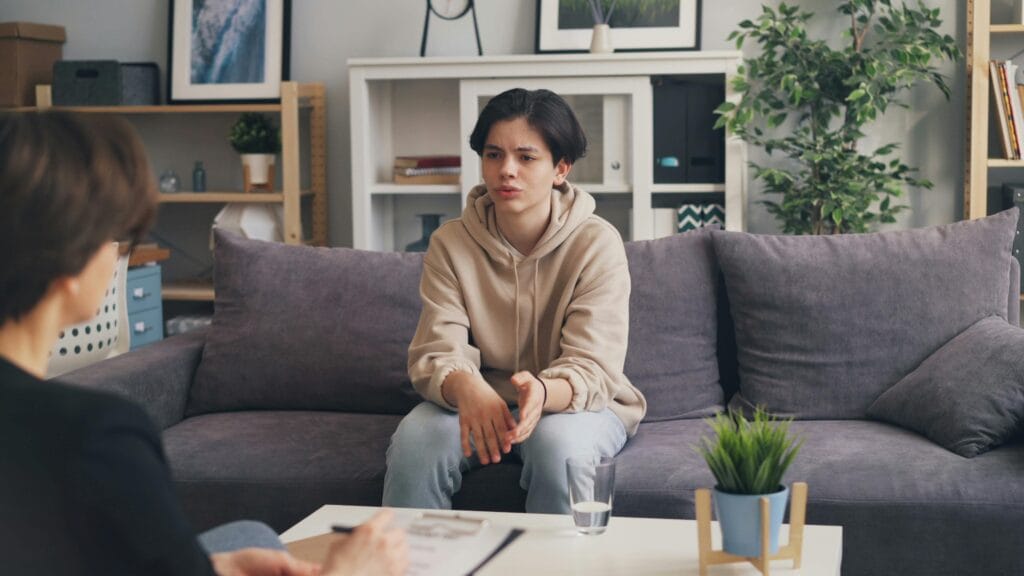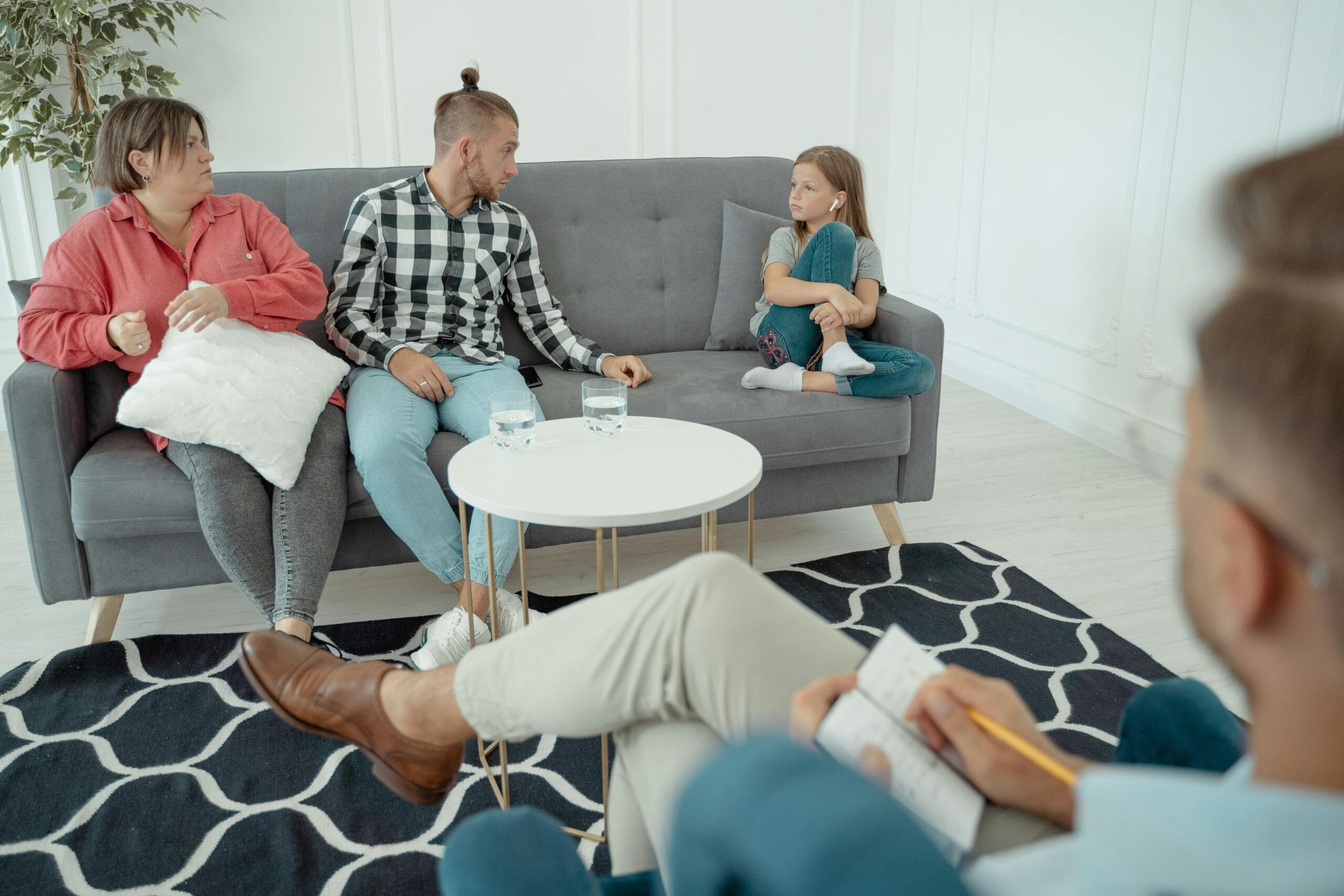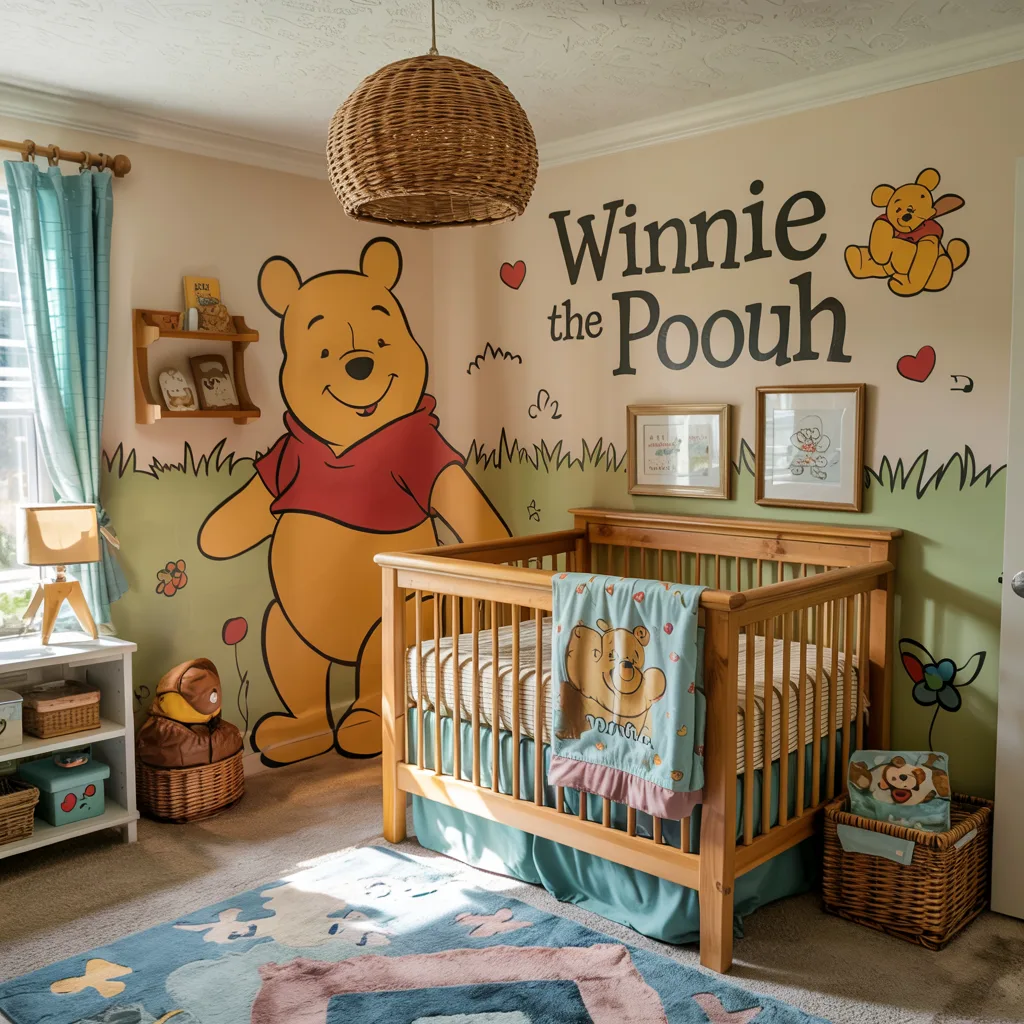Quick Guide: What You Need to Know
- A child behavioral therapist helps kids with emotional and behavior problems
- They work with both children and parents to improve family life
- Therapy can help with issues like ADHD, anxiety, and defiance
- Sessions usually involve play, talk, and learning new skills
- Most kids see improvement within 3-6 months of regular therapy
What Is a Child Behavioral Therapist?
A child behavioral therapist is like a special doctor for kids’ feelings and actions. They help children who are having a hard time controlling their emotions or behaving well. These therapists don’t use medicine. Instead, they use talking, playing, and teaching to help kids feel better and act better.
When Might Your Child Need a Behavioral Therapist?
Sometimes, kids need extra help to deal with their feelings or actions. Here are some signs that a child behavioral therapist might be helpful:
- Your child gets angry or upset very easily
- They have trouble making friends or getting along with others
- Your child doesn’t listen or follow rules at home or school
- They seem very worried or scared a lot of the time
- Your child has a hard time focusing or sitting still
- They’re dealing with big changes, like divorce or moving to a new place
How Does Child Behavioral Therapy Work?
Child behavioral therapy is all about learning and practicing new ways to think and act. Here’s what usually happens:
- Meeting the therapist: The therapist will talk to you and your child to understand what’s going on.
- Setting goals: Together, you’ll decide what you want to work on, like being calmer or making friends.
- Regular sessions: Your child will meet with the therapist, usually once a week.
- Learning new skills: The therapist will teach your child better ways to handle tough situations.
- Practice at home: You’ll learn how to help your child use these new skills every day.
- Checking progress: The therapist will see how things are going and make changes if needed.

What Happens in a Therapy Session?
Therapy sessions are usually fun and interesting for kids. They might include:
For Younger Kids:
- Playing with toys
- Drawing or coloring
- Storytelling
- Pretend play
For Older Kids:
- Talking about feelings
- Role-playing situations
- Learning calming techniques
- Problem-solving activities
How Parents Can Help
Parents play a big role in making therapy work. Here are some ways you can help:
- Be open and honest with the therapist about what’s happening at home
- Learn the skills the therapist teaches and use them with your child
- Praise your child when they use their new skills
- Be patient – change takes time
- Keep a positive attitude about therapy
“Working with a child behavioral therapist isn’t just about fixing problems. It’s about building stronger, happier families.”
Common Questions About Child Behavioral Therapy
How long does therapy take?
Every child is different, but many kids start feeling better after 3-6 months of regular therapy. Some might need longer, while others might only need a few sessions.
Will my child outgrow these problems without therapy?
Some kids do outgrow certain behaviors. But if problems are affecting your child’s happiness or success, it’s better to get help early. Therapy can teach skills that last a lifetime.
Does getting therapy mean my child is “bad” or that I’m a bad parent?
Not at all! Getting help shows that you care about your child’s well-being. Many great kids and wonderful parents use therapy to make their lives even better.
How do I find a good child behavioral therapist?
You can start by asking your child’s doctor for a recommendation. You can also look for therapists who specialize in working with kids and have experience with your child’s specific issues.
Types of Issues Child Behavioral Therapists Can Help With
Child behavioral therapists can help with many different problems. Here are some common ones:
- ADHD (Attention-Deficit/Hyperactivity Disorder): Help for kids who have trouble focusing or sitting still
- Anxiety: Support for children who worry a lot or have specific fears
- Depression: Help for kids who feel sad or hopeless for long periods
- Anger management: Teaching kids how to control their temper
- Social skills: Help for children who struggle to make friends or understand social situations
- Trauma: Support for kids who have been through scary or upsetting events
- Autism spectrum disorders: Help with communication and social skills
- Oppositional defiant disorder: Support for kids who often argue with adults or break rules
The Benefits of Child Behavioral Therapy
Working with a child behavioral therapist can bring many positive changes. Here are some benefits you might see:
For Your Child:
- Better control of emotions
- Improved behavior at home and school
- More confidence
- Better friendships
- Less stress and worry
For Your Family:
- Less arguing and tension at home
- Better communication
- More enjoyable family time
- Improved parenting skills
- A happier home environment

What to Expect in the First Few Sessions
Starting therapy can feel a little scary or strange at first. Here’s what usually happens in the beginning:
- Meeting the therapist: The first session is often just for parents. You’ll talk about your concerns and your child’s history.
- Getting to know your child: The therapist will spend time playing or talking with your child to make them feel comfortable.
- Assessment: The therapist might ask you and your child to fill out some questionnaires or do some activities to understand the situation better.
- Making a plan: The therapist will explain how they think they can help and what kind of therapy they recommend.
- Starting the work: In the next few sessions, your child will start learning new skills and ways of thinking.
Tips for Making the Most of Child Behavioral Therapy
To get the best results from therapy, try these tips:
- Be consistent: Try to attend all scheduled sessions and do any “homework” the therapist suggests.
- Communicate openly: Share your concerns and questions with the therapist.
- Celebrate small wins: Notice and praise your child’s efforts and improvements, no matter how small.
- Be patient: Change takes time. Don’t get discouraged if you don’t see instant results.
- Work as a team: Make sure all caregivers (parents, grandparents, etc.) are on the same page with therapy goals.
- Take care of yourself: Parenting can be stressful. Make sure you’re also taking care of your own mental health.
“Every child is different, and every family’s journey through therapy is unique. Trust the process and celebrate the progress along the way.”
Conclusion: A Brighter Future with Child Behavioral Therapy
Child behavioral therapy can be a powerful tool for helping kids and families overcome challenges and build happier lives. By working with a skilled therapist, children can learn valuable skills that will serve them well throughout their lives. As a parent, your involvement and support are crucial to the success of therapy.
Remember, seeking help is a sign of strength, not weakness. If you think your child might benefit from behavioral therapy, don’t hesitate to reach out to a professional. With patience, dedication, and the right support, your child can thrive and your family can grow stronger together.











